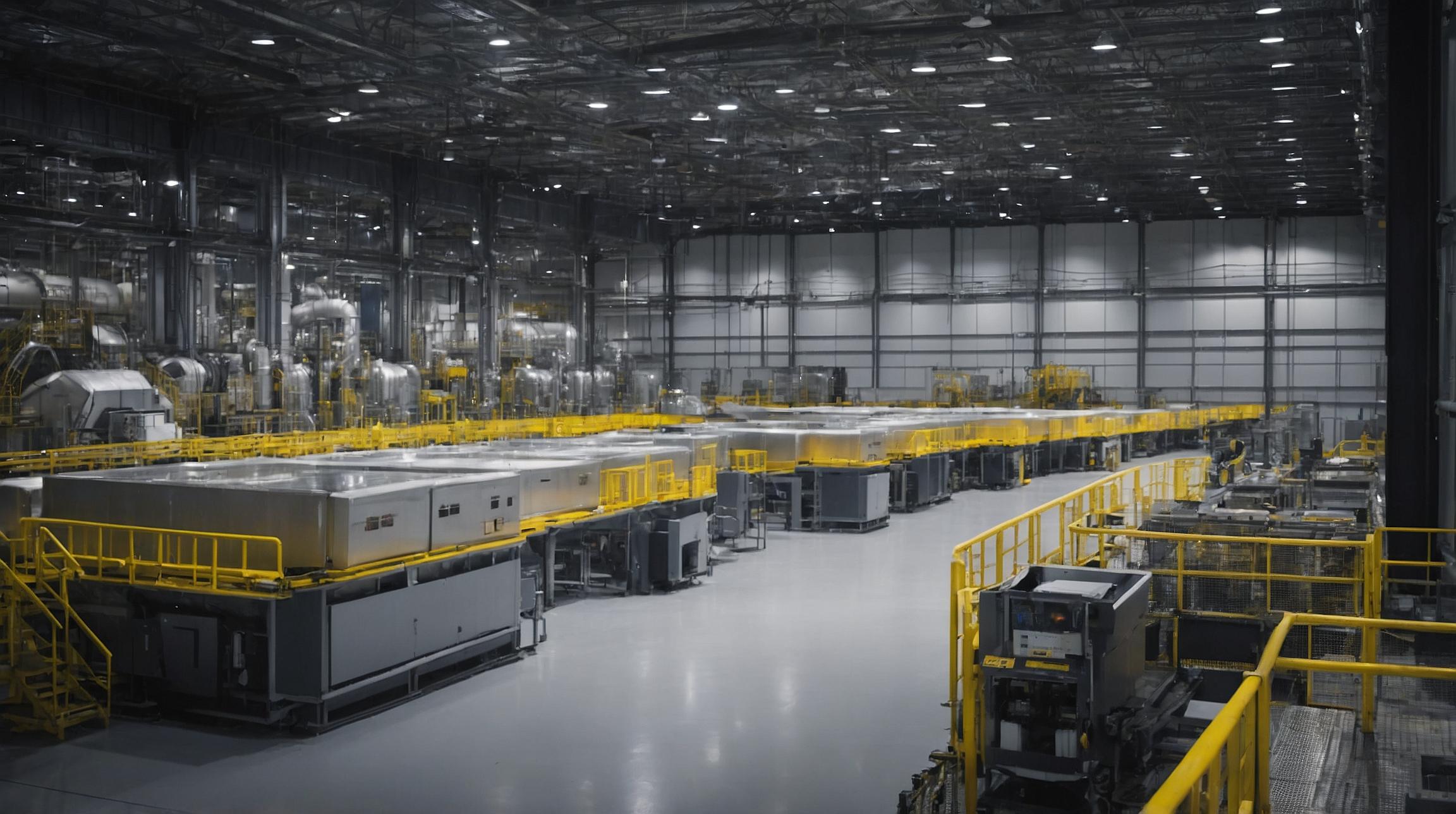Global Job Security Threats: The Rise of Artificial Intelligence
Artificial intelligence (AI) has become a ubiquitous force, steadily encroaching on various industries and revolutionizing the way we live and work. While this technological advancement undoubtedly brings forth numerous benefits, it also poses a significant threat to job security worldwide. As AI technology continues to improve and evolve, there are growing concerns that human workers will be replaced by machines and algorithms, leading to widespread unemployment and economic disruption.
The automation of tasks previously performed by humans is a direct consequence of the rise of AI. Jobs that were once considered secure, such as manufacturing and customer service, are now vulnerable to the efficiency and precision of AI-powered systems. The potential for widespread job displacement is concerning, prompting many experts to warn about the need for proactive policies that can mitigate the adverse effects of AI on employment.
IMF Chief Emphasizes AI’s Dual Impact on Employment
According to the International Monetary Fund (IMF) chief, AI presents both risks and opportunities for global employment. While the rapid development of AI technology threatens job security, it also offers tremendous potential to boost productivity levels and fuel global economic growth. In an interview with AFP, the IMF chief underlined the need for a balanced approach towards AI implementation to avoid exacerbating inequalities and job market imbalances around the world.
Acknowledging the dual impact of AI on employment, the IMF chief called for policymakers, businesses, and workers to continually adapt and embrace technology to thrive in the changing landscape. Rather than viewing AI as an existential threat, a more nuanced and proactive perspective is required to navigate this transformative era successfully.
Boosting Productivity and Growth: AI’s Tremendous Potential
Amid the concerns about job security, there is a silver lining to the proliferation of AI. The IMF chief emphasized the tremendous opportunity presented by AI to enhance productivity levels and drive global economic growth. With its ability to automate repetitive and mundane tasks, AI can free up human resources for more creative and strategic work, ultimately boosting productivity in various sectors.
Furthermore, AI’s potential extends to improving decision-making processes by analyzing vast amounts of data and deriving meaningful insights. This can lead to more informed and efficient decision-making, contributing to growth and innovation in businesses and economies worldwide.
The Risk vs Opportunity Debate Surrounding Artificial Intelligence
The debate surrounding AI revolves around the balance between the risks it poses and the opportunities it offers. While there is valid concern regarding job displacement and potentially widening income inequality, the potential benefits of AI cannot be ignored. It is crucial to approach AI implementation with caution and consider the implications for different segments of society.
Proactive policies and measures should address potential job losses through reskilling and retraining programs. This would ensure a smooth transition and provide workers with the necessary skills to thrive in an AI-driven economy. Additionally, efforts should be made to safeguard ethical considerations and prevent biases in AI algorithms to mitigate potential social implications.
IMF Urges Balanced Approach to AI Implementation for Global Economy
The IMF has urged governments and international organizations to adopt a balanced approach to AI implementation to harness its potential while mitigating its negative consequences. A careful examination of labor market dynamics and the specific needs of different industries and workers is vital to develop appropriate policies and regulations.
Steering the global economy through the AI revolution requires collaboration among stakeholders. Governments must create an enabling environment that encourages innovation while protecting workers’ rights. Businesses should invest in retraining and upskilling programs to ensure employees are equipped with the skills necessary to thrive alongside AI. Additionally, international cooperation will be crucial in establishing global standards and ethical frameworks to guide the responsible use of AI technology.
In conclusion, while AI poses risks to job security worldwide, it also offers a tremendous opportunity to boost productivity levels and fuel global growth. A balanced approach, with a focus on reskilling and ethical considerations, is essential to harness AI’s potential for the benefit of society and the global economy. By embracing this transformative technology and adapting to its presence, countries and individuals can navigate the changing landscape and prosper in the age of AI.
Analyst comment
Positive news: The rise of artificial intelligence (AI) presents a tremendous opportunity to boost productivity levels and drive global economic growth. AI can automate mundane tasks, freeing up human resources for more creative and strategic work, and improving decision-making processes. However, there are concerns about job displacement and income inequality.
As an analyst, I predict that the market will experience both positive and negative impacts from the rise of AI. Industries that successfully integrate AI technology into their operations and invest in retraining and upskilling programs for their employees will likely see increased productivity and growth. However, industries that fail to adapt and mitigate the potential negative consequences of AI, such as job displacement and social implications, may face economic disruption. A balanced approach, with proactive policies and ethical considerations, will be crucial for the market to thrive in the age of AI.













